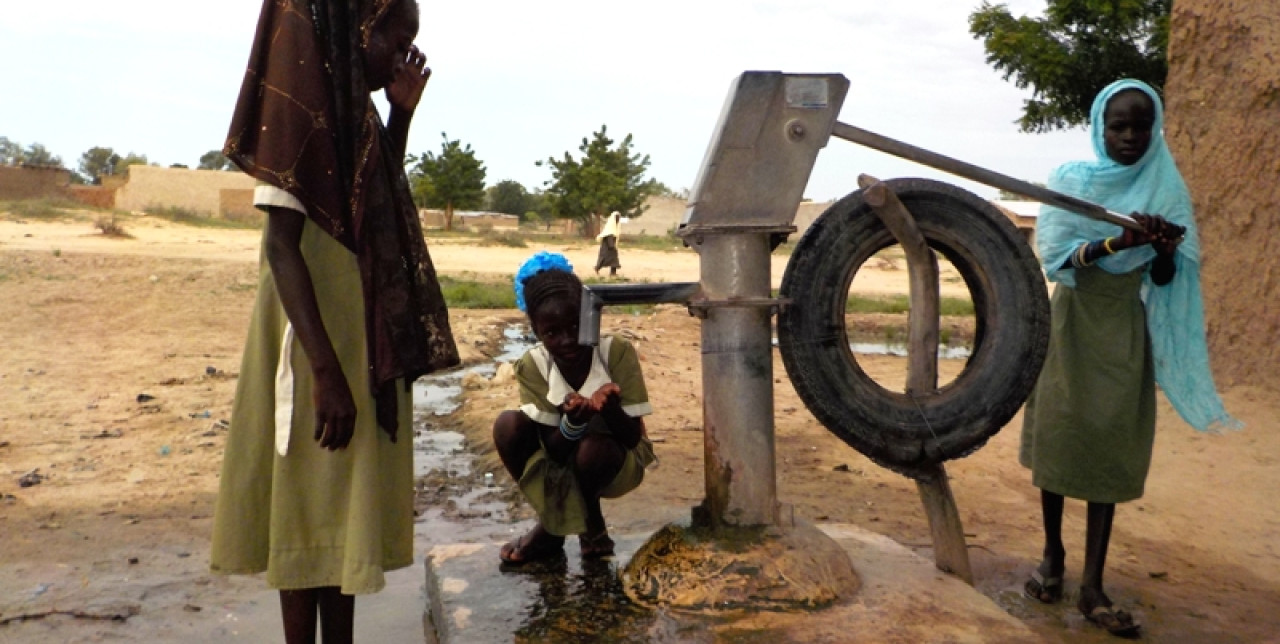10-04-2018 | di COOPI
Education in emergency in Cameroon: activities and results
The “Riedupace - relaunch of education for peace” project, funded by AICS (the Italian Agency for Development Cooperation) and launched in May 2017, has specifically aimed to improve the access that children between 5 and 18 years of age have to schooling and formal education in the municipalities of Fotokol, Makary, Hile-Alifa and Blangoua (in the Logone-et-Chari department).
The project, which will end in April 2018, has achieved three main objectives:
- An increase in the number of classrooms and an improvement in the quality of education;
- The provision of safe drinking water and toilet facilities in all the schools involved in the project;
- A reduction of the barriers to education faced by the most vulnerable children.
The increase in quality education
As regards the first objective, the education available to children has both expanded and improved: 11 classes in state schools in groups I and II in Fotokol were each renovated and equipped with 30 student desks, a teacher’s desk, a closet and some chairs; 50 “emergency classes” were set up and equipped with six student desks, a blackboard and a chair each. In this way, the number of students increased by 5%.
Water and toilet facilities in schools
As regards the second objective, 100% of students (10,150) had access to safe drinking water and toilet facilities in schools, as water supply points in 16 schools were renovated and made safe, while eight schools were fitted with water supply points for the first time and 10 toilet blocks were built in eight school buildings.
Fewer barriers to education
As regards the third objective, vulnerable under-age children were supported thanks to a training programme focusing on psychosocial protection and support, provided in cooperation with UNICEF’s Maroua office, which involved 120 teachers from primary schools in Logone-et-Chari, followed by a second session involving 25 teachers. To date, 120 out of the 145 teachers who received this training are now applying their new skills in 30 schools.
Another way to foster access to education among vulnerable children was to distribute school kits to 5,000 children, 30% of which were girls; to contribute to the payment of school fees for 1,000 children in difficult economic circumstances; and to issue birth certificates to 800 children who would not otherwise have had access to schooling.




 Cameroon
Cameroon